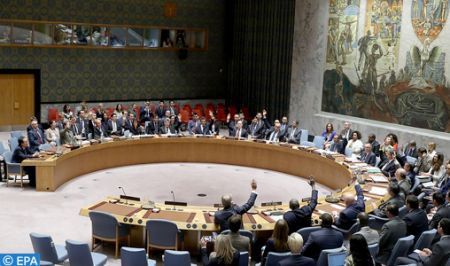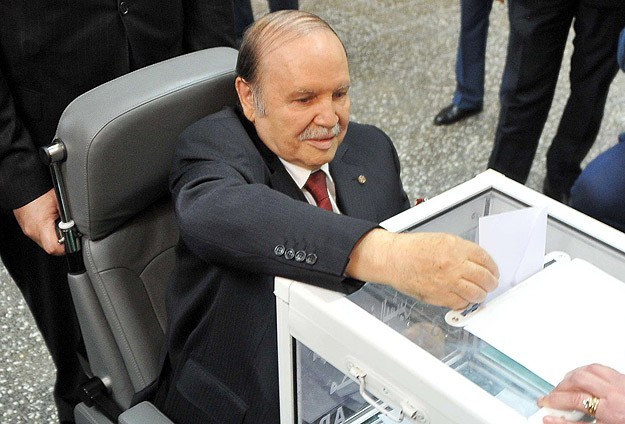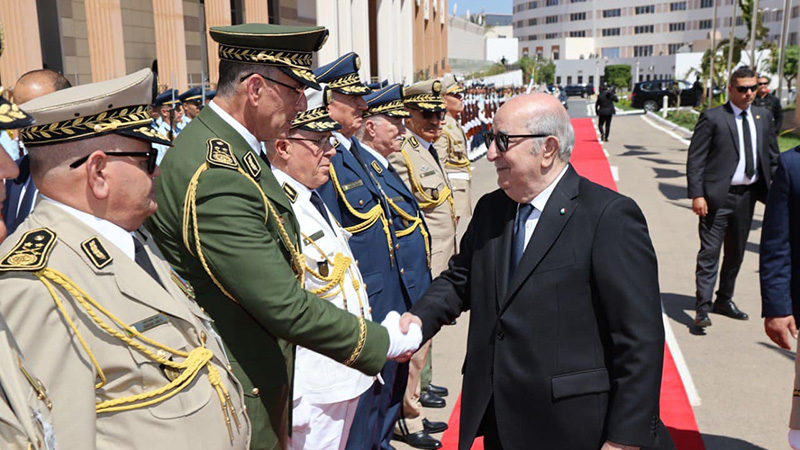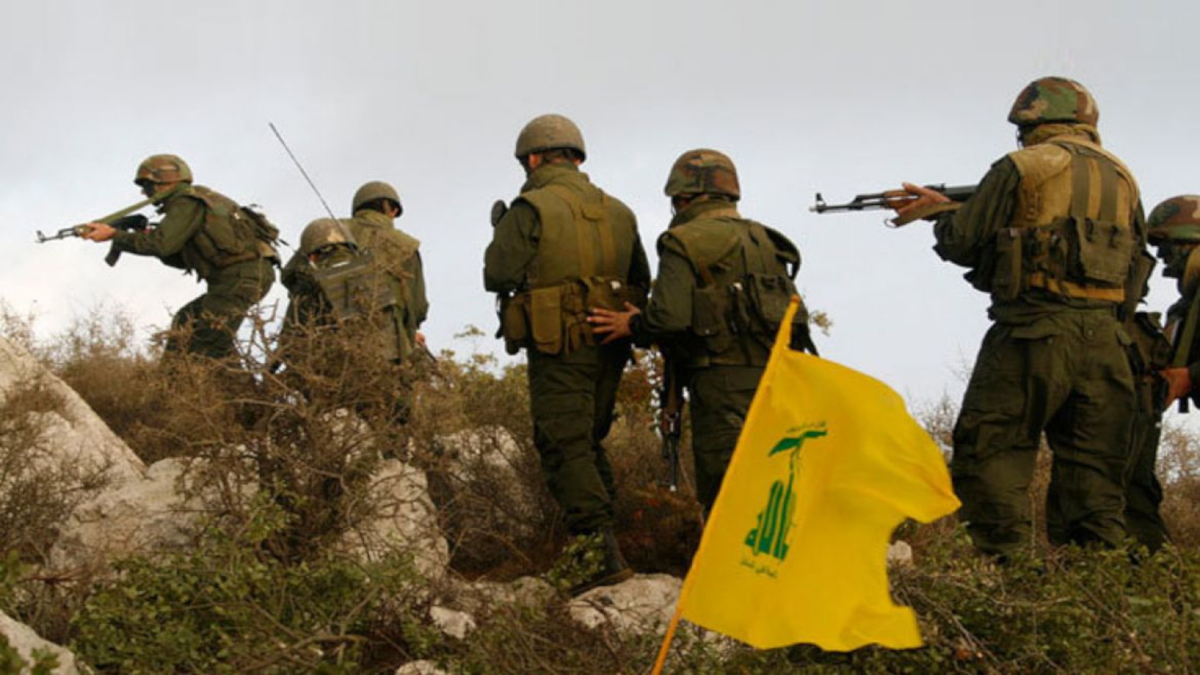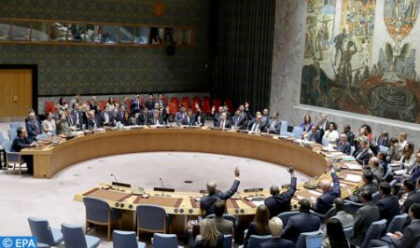 The Algerian regime has put itself on a direct collision course with the UN Security Council and the U.S., the penholder of the resolutions on the Sahara, after deciding not to participate in the Sahara roundtable meetings that had brought together Algeria, Morocco, Mauritania and the Polisario Front.
The Algerian regime has put itself on a direct collision course with the UN Security Council and the U.S., the penholder of the resolutions on the Sahara, after deciding not to participate in the Sahara roundtable meetings that had brought together Algeria, Morocco, Mauritania and the Polisario Front.
In the resolution 2602 (2021) adopted Friday extending the mandate of MINURSO until 31 October 2022, the Council stressed the importance of the “roundtable format” initiated by former UN Sahara envoy Horst Köhler and called for building on the progress achieved.
The Security Council members welcomed the momentum created by the two roundtable meetings held in Geneva in December 2018 and March 2019, and the engagement by the parties to the conflict in the UN-led political process.
They called for encouraging the resumption of “consultations” between the UN Secretary General Personal Envoy, Algeria, Morocco and the Polisario to reach a “just, lasting and mutually acceptable political solution, based on compromise”.
The Security Council’s supportive stand of the Sahara “roundtable meetings” has placed the Algerian rulers in an awkward position after they challenged and threatened the international community that their rejection and withdrawal from the “roundtable format” is irreversible.
However, the Council insisted on the participation of Algeria because it is a party to the regional dispute over the Sahara and the main stakeholder in the process aiming to find a political, realistic, practical and lasting solution to the conflict.
In this connection, Morocco’s permanent representative to the UN, Omar Hilale, said following the adoption of Resolution 2602 that without Algeria, a “stakeholder” in the artificial conflict over the Moroccan Sahara, “there can be no political process”.
“For everyone and for the UN Security Council, Algeria plays a role” in this regional dispute. “It is responsible and a stakeholder,” Hilale insisted, stressing that “in the absence of Algeria, there can simply be no political process”.
The Security Council resolution actually urged the parties to the conflict to strengthen their involvement in the political process and to achieve progress towards a political solution.
“Achieving a political solution to this long-standing dispute and enhanced cooperation between the Member States of the Maghreb Arab Union would contribute to stability and security, in turn leading to jobs, growth and opportunities for all the peoples in the Sahel region”, said the Council in its resolution.
The new resolution which includes multiple paragraphs establishing that Algeria’s involvement in the process is inevitable, is thus a setback for Algeria whose officials have made multiple statements in recent weeks in which they said they won’t take part in the roundtables, claiming that they were “obsolete.”
The text praised on the other hand the Moroccan autonomy plan offered for the Sahara under its sovereignty and called the parties to conflict to demonstrate further political will towards a solution based on “realism and compromise”.
Noting with deep concern the continued hardships suffered by the Sahrawis in the Tindouf camps, their dependency on external humanitarian assistance and their highly infections with Covid-19, the Council decried the systematic human rights violations committed in the Polisario-controlled Lahmada camps, Southern Algeria.
The Council welcomed steps and initiatives taken by Morocco, and the role played by the commissions of the National Council on Human Rights operating in Dakhla and Laayoune, and Morocco’s interaction with Special Procedures of the United Nations Human Rights Council.
It reiterated its call on Algerian authorities to allow the registration and counting by the UN specialized bodies of the people held in the Tindouf camps, affirming that the status quo is not acceptable.
The UN Security Council stressed the need “to achieve a realistic, practicable, enduring and mutually acceptable political solution” to the Sahara issue based on compromise.
Commenting the resolution, Morocco’s foreign minister Nasser Bourita said it consolidates the series of diplomatic victories scored by the Kingdom in the Sahara issue.
“Morocco welcomes this important resolution”, said Mr.Bourita, noting that it comes after the Royal armed forces secured the country’s southern border post of El Guerguerat, the American recognition of Morocco’s full sovereignty over its entire Sahara territory and the opening of several consulates, mostly of African and Arab countries, in the Sahara cities of Laayoune and Dakhla.
